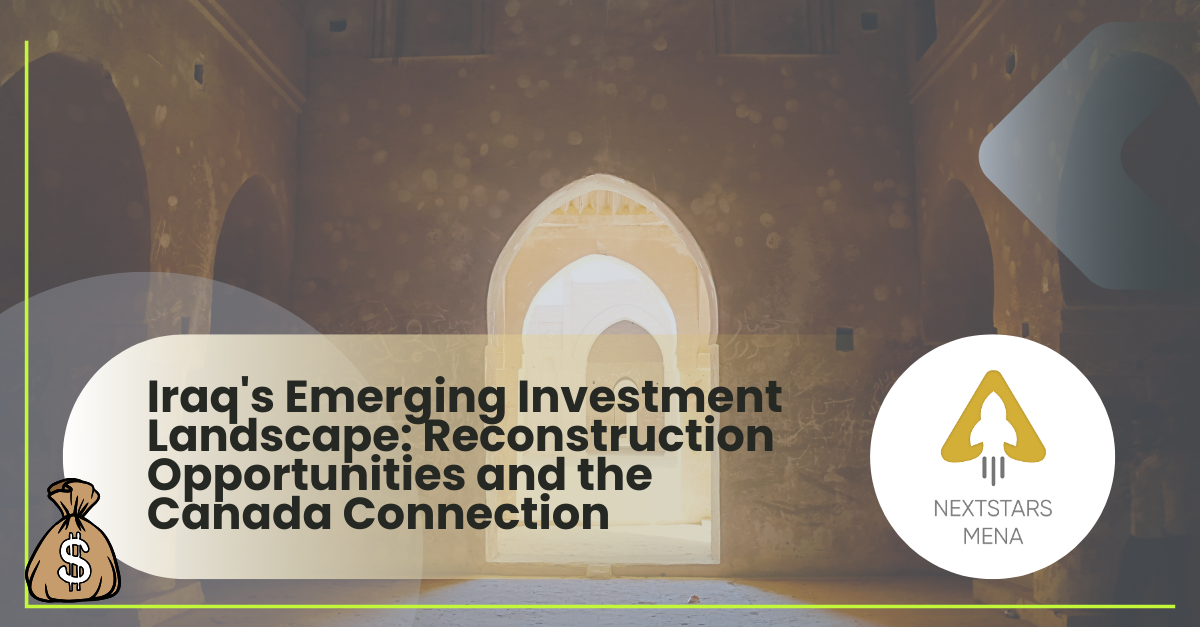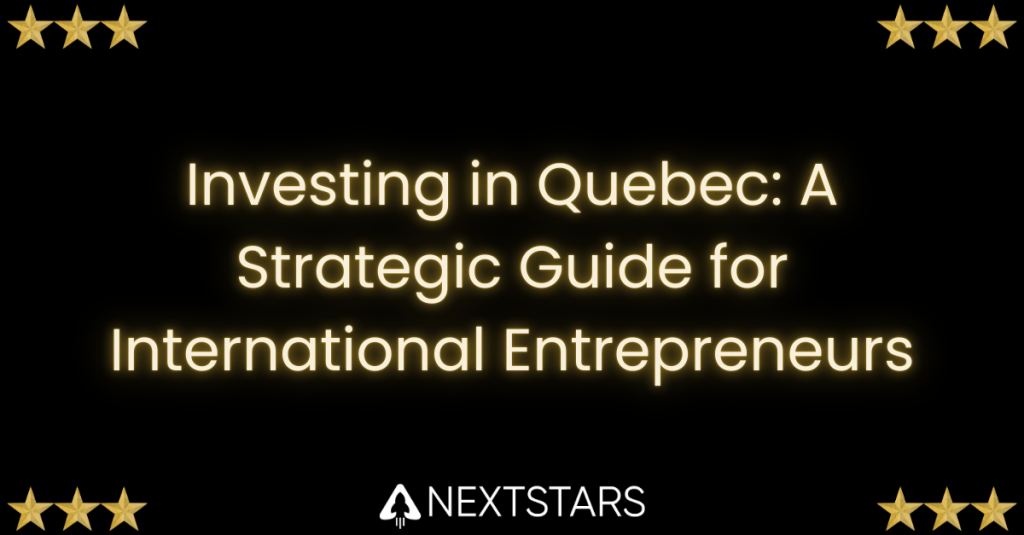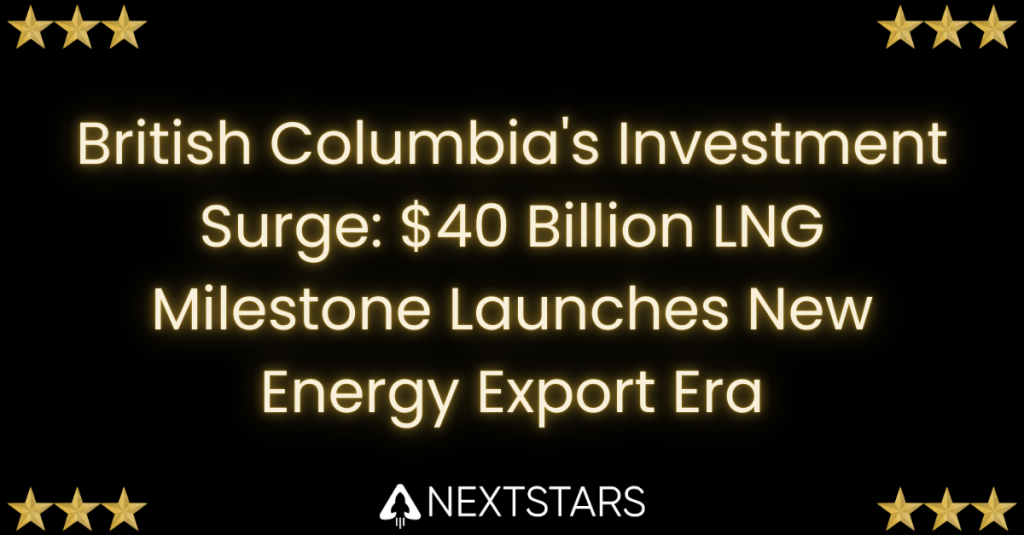1. Introduction
Iraq stands at a critical juncture in its economic history, transitioning from decades of conflict and isolation to become one of the Middle East’s most promising reconstruction and investment frontiers. With vast oil wealth, a young population exceeding 44 million, and an unprecedented reconstruction agenda requiring over $400 billion in investment, Iraq represents unique opportunities for global partners willing to navigate its complex but rewarding landscape.
Unlike the established wealth ecosystems of Gulf neighbors, Iraq’s investment narrative centers on reconstruction, modernization, and the emergence of a new entrepreneurial class determined to rebuild their nation. For organizations like NextStars, understanding Iraq’s evolving investment landscape opens pathways to meaningful collaboration in building sustainable, globally scalable enterprises that contribute to both economic reconstruction and regional stability.
This report examines Iraq’s emerging HNWI landscape, massive reconstruction opportunities, and the strategic Canada connection that offers exceptional potential for bilateral innovation and development cooperation.
2. Iraq’s Wealth Landscape and Emerging HNWI Class
The New Iraqi Wealth
While precise HNWI statistics for Iraq remain limited due to decades of conflict and economic isolation, the country is experiencing significant wealth creation driven by oil revenues, reconstruction activities, and economic stabilization. Key indicators of emerging wealth include:
Stock Market Performance: Iraqi stock market investors have achieved returns exceeding 100% in recent years, reflecting growing confidence in economic recovery. GDP growth is estimated at up to 5% for 2025, driven by oil sales and increasing sovereign wealth fund investments from Gulf neighbors.
Regional Investment Flows: Gulf states, particularly Saudi Arabia’s Public Investment Fund and Qatari investors (both government and private sector), have driven approximately $3.5 billion in investment into Iraqi infrastructure, housing, and the Development Road initiative.
Government Resources: Iraq’s oil revenues, with the country holding the world’s fifth largest proven reserves, generate substantial government resources. The 2024 budget exceeded $150 billion, with the government pledging up to $400 billion for development, infrastructure, and major projects like the Al Faw port complex.
Reconstruction Wealth Creation: The massive reconstruction effort is creating a new class of Iraqi entrepreneurs and investors benefiting from construction, services, and trade opportunities. This emerging wealth class differs from traditional Gulf HNWIs, focusing on productive investment rather than passive wealth management.
The Iraq Fund for Development
Iraq is establishing its first sovereign wealth vehicle, the Iraq Fund for Development, to channel oil surpluses into strategic investments. This represents a fundamental shift in wealth management philosophy:
Strategic Purpose: Unlike established Gulf sovereign funds, Iraq’s fund focuses on reconstruction and development rather than international portfolio diversification. The fund aims to create opportunities in banking services, project financing, and insurance products.
Development Focus: The fund prioritizes domestic infrastructure, economic diversification, and job creation, addressing the challenge of providing employment for over 780,000 new labor market entrants annually.
International Partnerships: The fund seeks co investment with international partners, particularly for technology transfer and capacity building in non oil sectors.
3. Investment Patterns: Reconstruction and Modernization
Domestic Investment Priorities
Iraq’s investment landscape centers on reconstruction and modernization:
Infrastructure Development: Two mega projects dominate the agenda: rehabilitating Baghdad International Airport and constructing the Development Road, a north south corridor of rail and roadways. The Al Faw port complex represents a $15 billion investment in logistics infrastructure.
Energy Sector Transformation: Beyond oil production, Iraq focuses on downstream petrochemicals, refining capacity expansion, and addressing chronic electricity shortages. Distribution losses reach 55%, creating opportunities for smart grid technology and renewable energy solutions.
Digital Transformation: The 2024 Digital Payment Regulation aligns Iraq’s financial systems with global standards, catalyzing expansion in fintech services, e wallets, and online payment systems. The Central Bank’s initiatives enable digital banking via smartphones, enhancing financial inclusion.
Housing and Urban Development: Rapid urbanization and reconstruction needs drive massive housing development. New apartment towers, shopping malls, and urban infrastructure projects transform Iraqi cities, particularly Baghdad, Basra, and Erbil.
International Investment Engagement
Iraq actively seeks foreign investment and expertise:
EBRD Membership: Iraq’s March 2024 accession to the European Bank for Reconstruction and Development enables access to credits for infrastructure projects and development financing.
Regional Integration: Trade with neighboring countries flourishes, with Turkey and Iran leading, alongside growing Chinese investment. The new $15 billion trade deal with the UK covers cyber, telecommunications, and defense support.
Multi Year Financing: The government explores long term financing options with institutions like US EXIM Bank and DFC for large scale development projects, moving away from annual budget funding toward structured project finance.
Kurdistan Region Advantages: The Iraqi Kurdistan Region offers 100% foreign ownership (versus 49% in federal Iraq), serving as an entry point for international investors with its more commercial friendly legal framework.
4. Investment Trends and Economic Transformation
Emerging Opportunities
Financial Sector Modernization: Iraq’s banking sector transformation includes overhauling public banks’ governance, strengthening anti money laundering measures, and implementing international AML/CFT standards. This creates opportunities for financial technology and advisory services.
Agricultural Revival: Post drought recovery and food security priorities drive agricultural sector investment. Iraq’s fertile lands between the Tigris and Euphrates rivers offer significant potential for modern agricultural technology and water management systems.
Technology Adoption: While nascent, Iraq’s technology sector shows promise. Smart city initiatives, e governance projects, and digital service delivery create demand for technology solutions adapted to local conditions.
Private Sector Emergence: The non state, non oil economy, though largely informal and cash based, demonstrates remarkable vibrancy. Small and medium enterprises proliferate in retail, services, and light manufacturing, seeking capital and expertise for growth.
Investment Challenges and Mitigation
Iraq’s investment environment presents unique challenges requiring strategic navigation:
Security Considerations: While significantly improved, security remains a concern. Successful investors partner with local entities, maintain robust security protocols, and focus on stable regions like Kurdistan and southern oil fields.
Regulatory Complexity: Iraq’s regulatory framework continues evolving. Early engagement with investment authorities and legal experts helps navigate bureaucracy and secure necessary approvals.
Infrastructure Gaps: Electricity shortages, limited banking services, and logistical challenges require creative solutions. Companies providing their own financing arrangements and infrastructure solutions gain competitive advantages.
Corruption Concerns: Iraq ranks 140th of 180 countries on Transparency International’s Corruption Perception Index. Successful investors maintain strict compliance protocols and work through reputable local partners.
5. Canada Connection: Development Partnership and Investment Opportunities
Bilateral Development Foundation
Canada and Iraq maintain strong relations built on development cooperation and reconstruction support:
Development Assistance: Since 2016, Canada has provided substantial development assistance to strengthen governance, advance gender equality, address climate change, and promote economic empowerment. The Canada Fund for Local Initiatives supports grassroots projects across Iraq.
Reconstruction Partnership: Canada participates in the Iraq Reform, Recovery and Reconstruction Fund (I3RF), founded in 2018 and funded by Germany, UK, Canada, and Sweden. The fund provides financing and strategic dialogue for reconstruction and development.
Diplomatic Engagement: Canada reopened its diplomatic mission in Baghdad in 2019, with accreditation within the British embassy. High level visits, including Iraq’s Deputy Prime Minister to Canada in 2024, strengthen bilateral ties.
Trade Relations: While modest at $75.63 million in 2024, Canada Iraq trade holds significant growth potential as Iraq stabilizes and Canadian companies explore opportunities.
Canadian Expertise for Iraqi Reconstruction
Canada offers critical expertise for Iraq’s reconstruction priorities:
Energy and Resources: Canadian expertise in oil and gas technology, particularly enhanced recovery and environmental management, supports Iraq’s energy sector modernization. Experience in federal resource revenue sharing provides governance models.
Agriculture and Water Management: Canadian agricultural technology, particularly in arid land farming and water conservation, addresses Iraq’s food security challenges. Precision agriculture and irrigation efficiency technologies offer immediate applications.
Infrastructure Development: Canadian engineering firms’ expertise in large scale infrastructure projects, including airports, ports, and transportation networks, aligns with Iraq’s mega project agenda.
Financial Services: Canadian financial technology and banking expertise supports Iraq’s financial sector modernization, particularly in digital payments, anti money laundering systems, and inclusive banking services.
Investment Structures and Opportunities
Development Finance: Canadian companies can access development finance through:
- Export Development Canada programs for Iraq market entry
- Development Finance Corporation partnerships
- I3RF co financing for reconstruction projects
- EBRD credits for infrastructure development
Partnership Models: Successful Canadian engagement includes:
- Joint ventures with Iraqi companies for local knowledge and navigation
- Technology transfer agreements for capacity building
- Management contracts for infrastructure operation
- Build operate transfer models for utilities and services
Priority Sectors: Iraq’s Deputy Prime Minister identified key sectors for Canadian expertise:
- Energy and gas development
- Agriculture and food security
- Mining and mineral resources
- Tourism infrastructure
- Climate change adaptation
Kurdistan Gateway: The Iraqi Kurdistan Region offers Canadian companies:
- 100% foreign ownership rights
- More developed commercial legal framework
- Established Canadian presence (Consulate General in Erbil)
- Gateway to federal Iraq markets
6. Innovation Exchange: Reconstruction and Development Opportunities
Inbound Innovation to Iraq
Iraq’s reconstruction creates unprecedented demand for international expertise:
Technology Transfer Imperatives: Iraq requires massive technology transfer across sectors:
- Smart grid and electricity distribution systems
- Water treatment and management technology
- Agricultural modernization and food processing
- Digital government and service delivery platforms
- Healthcare infrastructure and telemedicine systems
Capacity Building Focus: Unlike pure investment, Iraq prioritizes capacity building:
- Technical training and skills development
- Institutional strengthening and governance support
- Knowledge transfer and localization requirements
- Long term partnership rather than transactional relationships
Market Characteristics: Iraq offers unique market advantages:
- 44 million population with 60% under 25 years old
- Reconstruction needs creating sustained demand
- Limited competition in specialized sectors
- Government backing for strategic projects
- Regional hub potential for broader Middle East markets
Outbound Opportunities from Iraq
Iraqi resources and markets enhance Canadian business development:
Energy Partnership: Iraq’s vast energy resources offer Canadian companies:
- Upstream oil and gas development opportunities
- Downstream petrochemical ventures
- Power generation projects
- Renewable energy initiatives in solar and wind
- Energy efficiency and conservation programs
Market Access: Iraqi partnerships provide:
- Gateway to $400 billion reconstruction market
- Access to government mega projects
- Regional trading relationships with neighbors
- Growing consumer market for products and services
- Strategic location between Europe, Asia, and Africa
Investment Capital: Emerging Iraqi capital seeks international deployment:
- Iraqi investors seeking safe haven investments in Canada
- Joint venture capital for Canadian companies entering Iraq
- Co investment in regional projects
- Technology acquisition and licensing opportunities
Bilateral Development Ecosystem
The convergence of Canadian expertise and Iraqi reconstruction needs creates unique opportunities:
Development Corridors: Structured pathways for engagement:
- Government to government cooperation frameworks
- Development finance institution partnerships
- Private sector investment facilitation
- Academic and research collaboration
Entrepreneurship Development: Supporting Iraqi entrepreneurs:
- Incubation and acceleration programs
- Access to Canadian markets and networks
- Technology transfer and mentorship
- Investment readiness support
Sustainable Development Focus: Aligning with global goals:
- Climate resilient infrastructure
- Gender inclusive economic development
- Youth employment and skills development
- Environmental restoration and protection
7. Strategic Recommendations
For Iraqi Investors
- Explore Canadian Partnerships: Leverage Canadian expertise in priority sectors through joint ventures, technology licensing, and management contracts
- Access Development Finance: Utilize Canadian development finance programs and institutions for project funding and risk mitigation
- Build Institutional Capacity: Partner with Canadian institutions for governance strengthening, skills development, and technology transfer
- Focus on Sustainability: Prioritize investments in sustainable development, aligning with international standards and best practices
For Canadian Ecosystem
- Understand Iraqi Context: Develop deep understanding of Iraq’s reconstruction priorities, security considerations, and business environment
- Partner Strategically: Work with reputable local partners, leverage Kurdistan Region advantages, and engage early with authorities
- Provide Integrated Solutions: Offer comprehensive packages including financing, technology, training, and long term support
- Manage Risk Proactively: Implement robust security protocols, compliance systems, and political risk insurance
For Bilateral Development
- Strengthen Frameworks: Expand development cooperation agreements, investment protection mechanisms, and trade facilitation measures
- Launch Sector Initiatives: Create sector specific programs in energy, agriculture, infrastructure, and digital transformation
- Support Entrepreneurship: Develop Iraqi entrepreneurship ecosystems through incubation, acceleration, and investment programs
- Promote Knowledge Exchange: Facilitate academic partnerships, technical exchanges, and professional development programs
Conclusion
Iraq’s investment landscape represents a unique opportunity fundamentally different from established Gulf wealth centers. Rather than managing accumulated wealth, Iraq focuses on reconstruction, development, and economic transformation. This creates exceptional opportunities for organizations willing to engage strategically in building Iraq’s future.
Canada’s combination of technical expertise, development experience, and multicultural approach positions it as an ideal partner for Iraq’s reconstruction. The bilateral relationship, built on development cooperation and shared commitment to stability and prosperity, provides a strong foundation for expanded engagement.
For organizations like NextStars, the Iraq opportunity extends beyond traditional investment. It encompasses supporting entrepreneurs who can contribute to reconstruction, facilitating technology transfer for development, and building bridges between Canadian innovation and Iraqi needs. This represents impact investment at its most meaningful: contributing to peace, stability, and prosperity while generating sustainable returns.
The challenges are real: security concerns, regulatory complexity, infrastructure gaps, and corruption risks. But for those who engage strategically, the opportunities are transformative. Iraq’s reconstruction represents one of the largest development opportunities globally, with potential to reshape the Middle East’s economic landscape.
As Iraq rebuilds and Canada continues its development partnership, the convergence creates exceptional potential: Canadian expertise plus Iraqi reconstruction equals sustainable development and regional transformation. For NextStars and similar organizations, this represents an opportunity to demonstrate how entrepreneurship and innovation can contribute to post conflict reconstruction and lasting peace.
The time for engagement is now, as Iraq enters a critical phase of reconstruction and development. Organizations positioning themselves today will shape tomorrow’s Iraqi economy while contributing to regional stability and global development goals. Read our blog about Iraq’s startup ecosystem here.
More articles about MENA region here.





